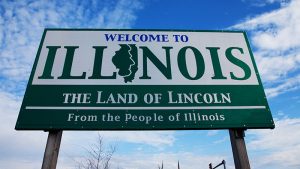The Virginia Department of Education has launched the Road to Readiness School Performance and Support Framework Resource Hub.
Mississippi State University (MSU) has received a $12 million grant from the National Science Foundation (NSF) to promote AI competency among high school students in Mississippi with the end goal of preparing them for the workforce.
The U.S. Department of Education announced that it will expand the online beta testing period for the 2025-26 Free Application for Federal Student Aid (FAFSA) to all users later this month, and before officially releasing the new form.
Colorado’s Accountability, Accreditation, Student Performance, and Resource Inequity Task Force is advocating for a major overhaul of the state’s education accountability system.
The Maryland Department of Labor’s Office of Financial Regulation has deployed a new cybersecurity monitoring service offered by network security provider SecurityScorecard to enhance the office’s supervision of Maryland financial institutions and further its consumer protection mission.
The Illinois Department of Transportation (IDOT) has kicked off the installation process for the Continuously Operating Reference Stations (CORS) network, which will help improve the accuracy of location data used for surveying, mapping, construction, and engineering, as well as a host of other applications.
Maryland Gov. Wes Moore announced that Francesca Ioffreda will serve as the state’s new chief innovation officer.
The Colorado Department of Transportation (CDOT) plans to roll out dynamic tolling on two main highway corridors in the coming weeks.
St. Louis, Mo., is using Federal funding from the American Rescue Plan Act (ARPA) to install free WiFi in nine city parks.
The City and County of Denver has tapped Sean Greer as the city’s new chief data officer.













